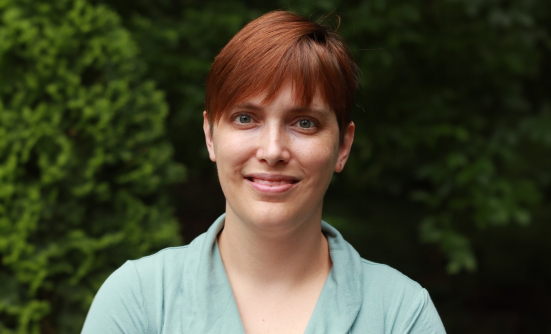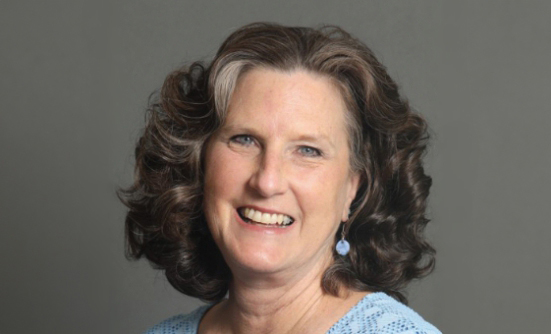Hello everyone. October is Breast Cancer Awareness Month, so you will find many articles related to breast cancer. But if this is not the type of cancer you or a loved one is dealing with, you are not left out! We also have articles on communication, health disparities, alternative versus complementary medicine, and other topics relevant to everyone. I am also confident that you will find some pearls of wisdom by reading all the articles in this issue.
One patient story is from a healthy, vibrant, active woman who never imagined that she could be diagnosed with breast cancer. However, given that 70% of women diagnosed with the disease have no known risk factors tells us that living a healthy lifestyle is no guarantee for avoiding such a diagnosis.
Another patient story is from a woman who had a bad experience from the onset, just trying to get a diagnostic mammogram and eventual biopsy before being diagnosed with breast cancer. What struck me about her story was that she clearly had no oncology navigator to help her navigate her diagnosis and treatment. Actually, apparently none of the patients who share their stories with you in this issue had a navigator. That is shameful. Expeditious appointments, patient education, shared decision-making about treatment options, psychosocial support, removal of any barriers to care were clearly absent in each patient’s case.
We don’t often learn about cancer treatment in other countries. Read about a patient experience with breast cancer in Nigeria, how she had to figure out everything on her own, and take measures to leave and seek some care in another country, because her home country was behind in providing basic standard of care. She is now a patient advocate, turning her experience into something that will make a difference for other patients.
Health disparities is a hot topic today and will continue to be for many years. Read about the impact it has on the diagnosis of triple-negative breast cancer.
A psychologist shares thoughts on what it is like for women having mastectomy surgery to experience chest wall numbness, and how it can affect their emotional well-being. (But 80% of women who undergo mastectomies without reconstruction have phantom limb sensation, which means the woman may feel as if the breast is still there.) Studies have shown that the nerves to the nipple may be near the armpit as a curious outcome of surgery. So, if a woman feels that her nipple itches, but she knows it isn’t there, she may poke around in her underarm area and scratch that part of her body to relieve it. Fascinating! This article also explains reconnecting nerves from the breast tissue to tissue used to create a reconstructed breast, which can provide some sensation. The bottom line is that the brain treats the breast like a limb (arm or leg) that has for some reason been amputated. People who have experienced that type of loss have numbness, pain, tingling, itching, and other sensations like feeling their missing limb is hot or cold. (I speak from personal and professional experience about this.)
We underestimate the importance of communication: it is only helpful when it is effective and timely. Read the tips about communicating with your treatment team and your support team. Remember, your time is precious: don’t exhaust yourself repeating the same information to 13 different people. Create one group e-mail and include all the people you want to keep in the loop by sending one message to all. I’ve dealt with families who argued about things such as “she called you first” or “she didn’t tell me that piece of information.” Drama should not be something you have to deal with.
Are you considering sharing your story? Let us know what would be important to share as a patient, a family caregiver, or a healthcare professional.













